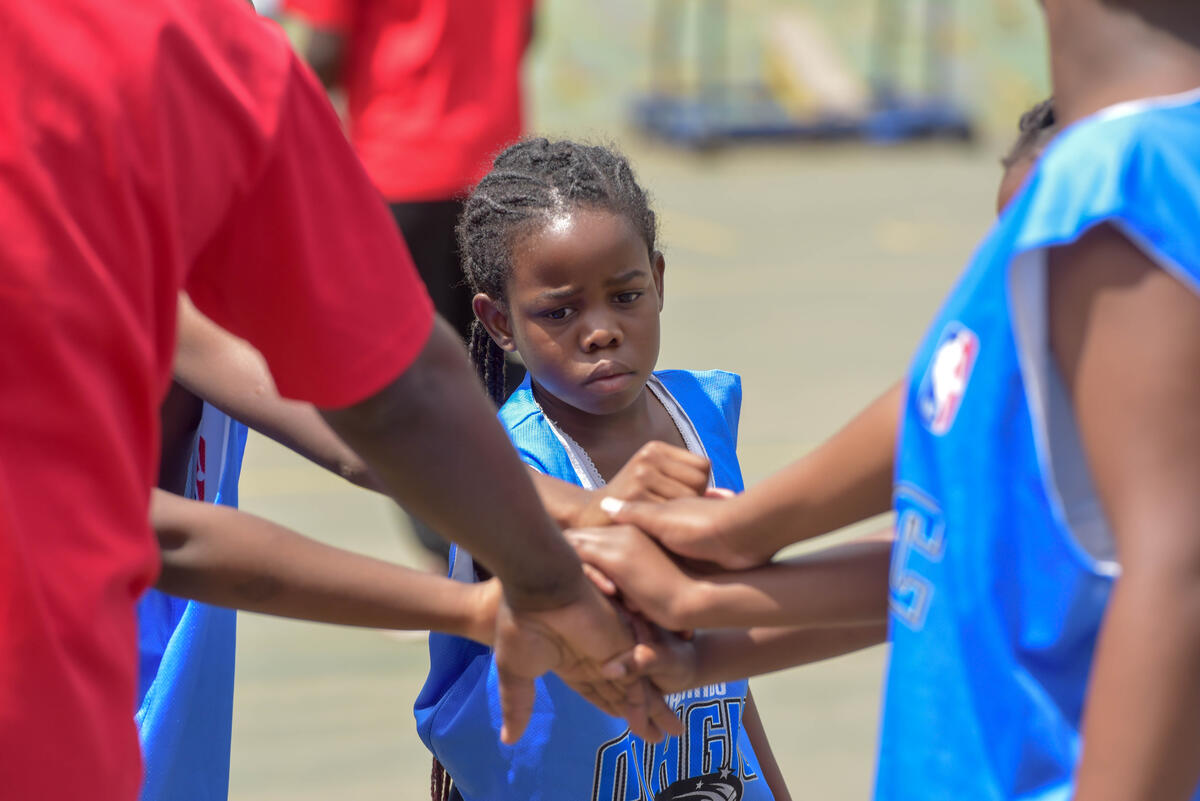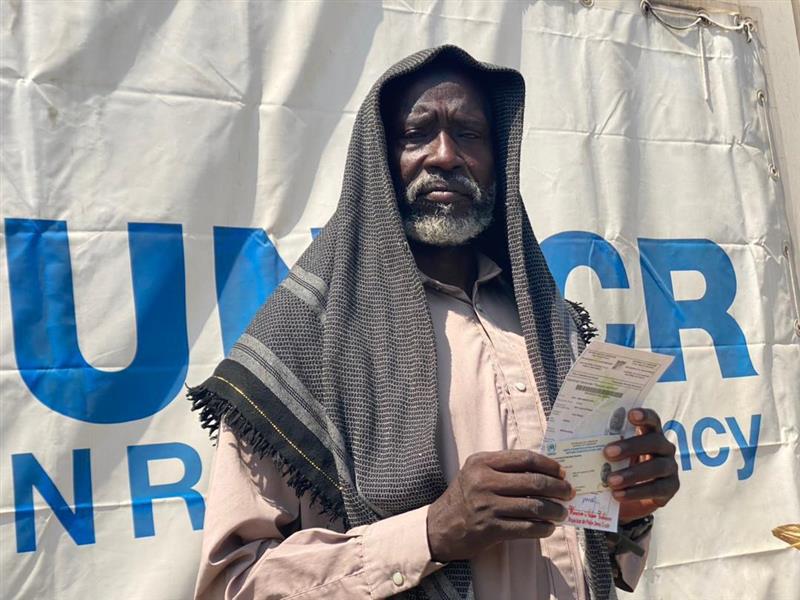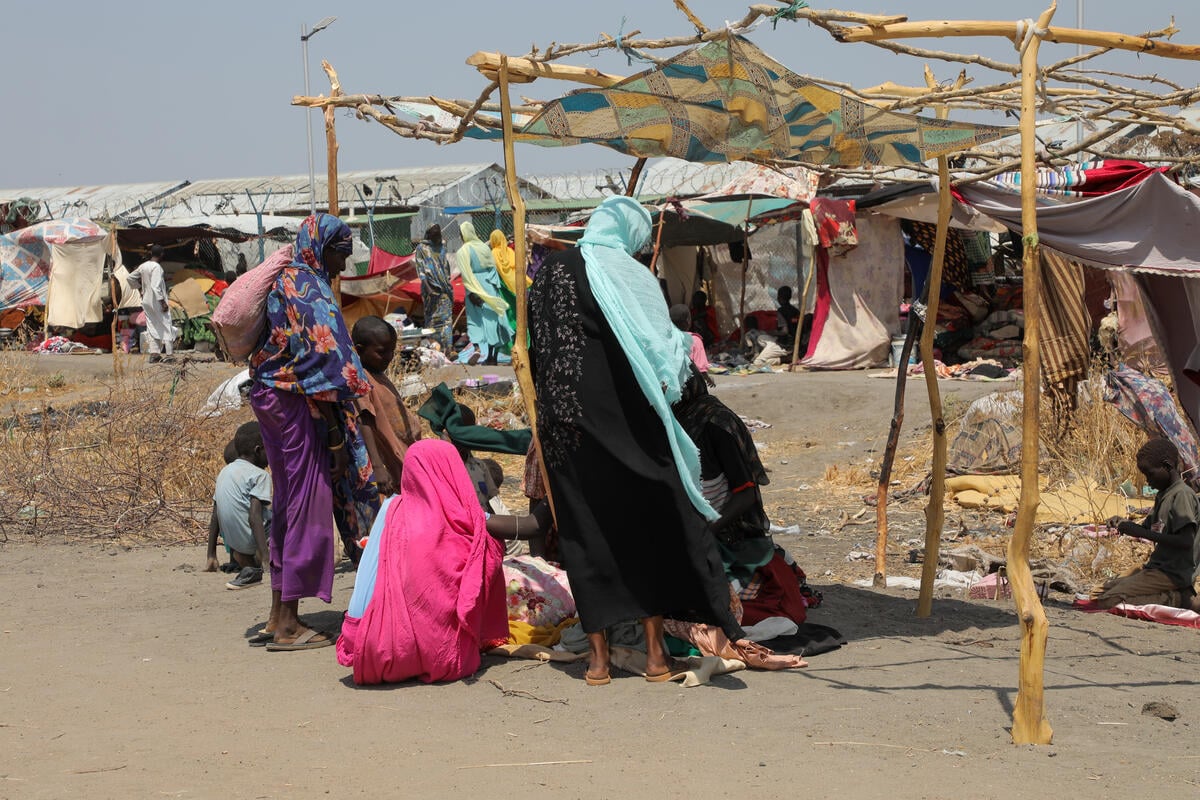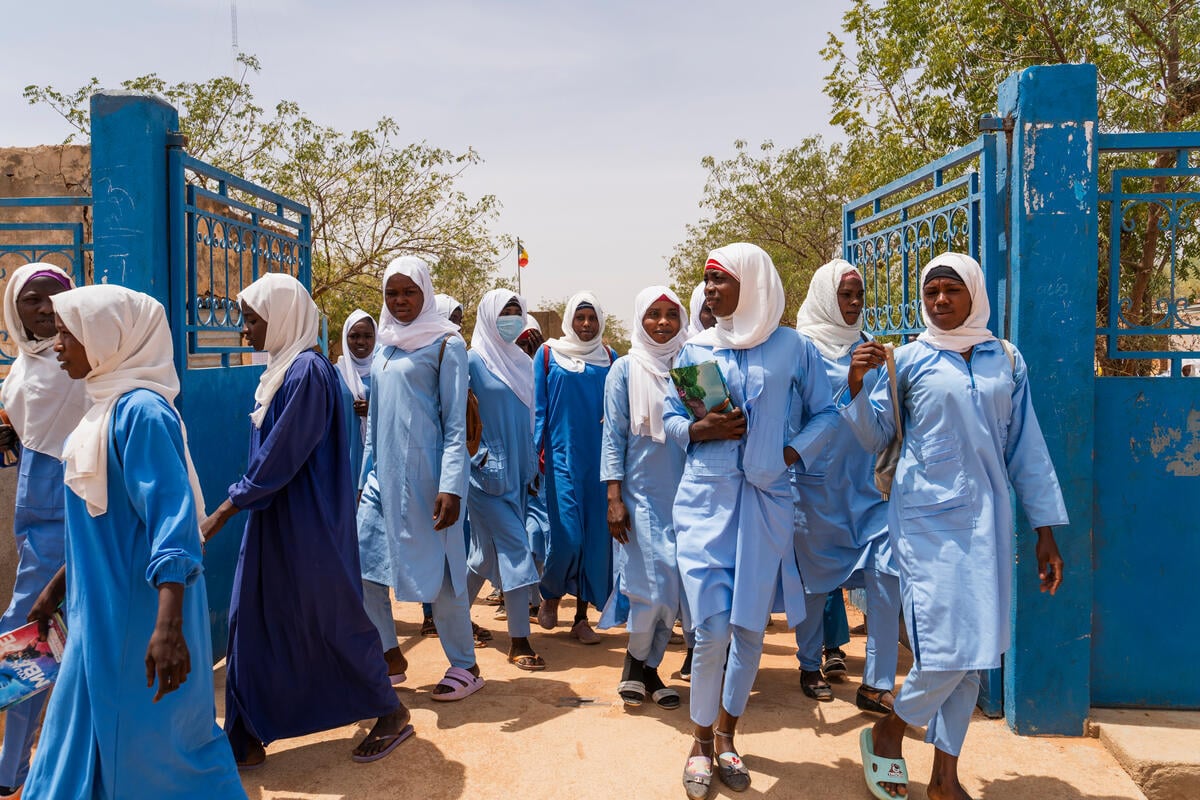Local communities in South Sudan struggle to integrate people fleeing Sudan as conflict enters third year
Local communities in South Sudan struggle to integrate people fleeing Sudan as conflict enters third year
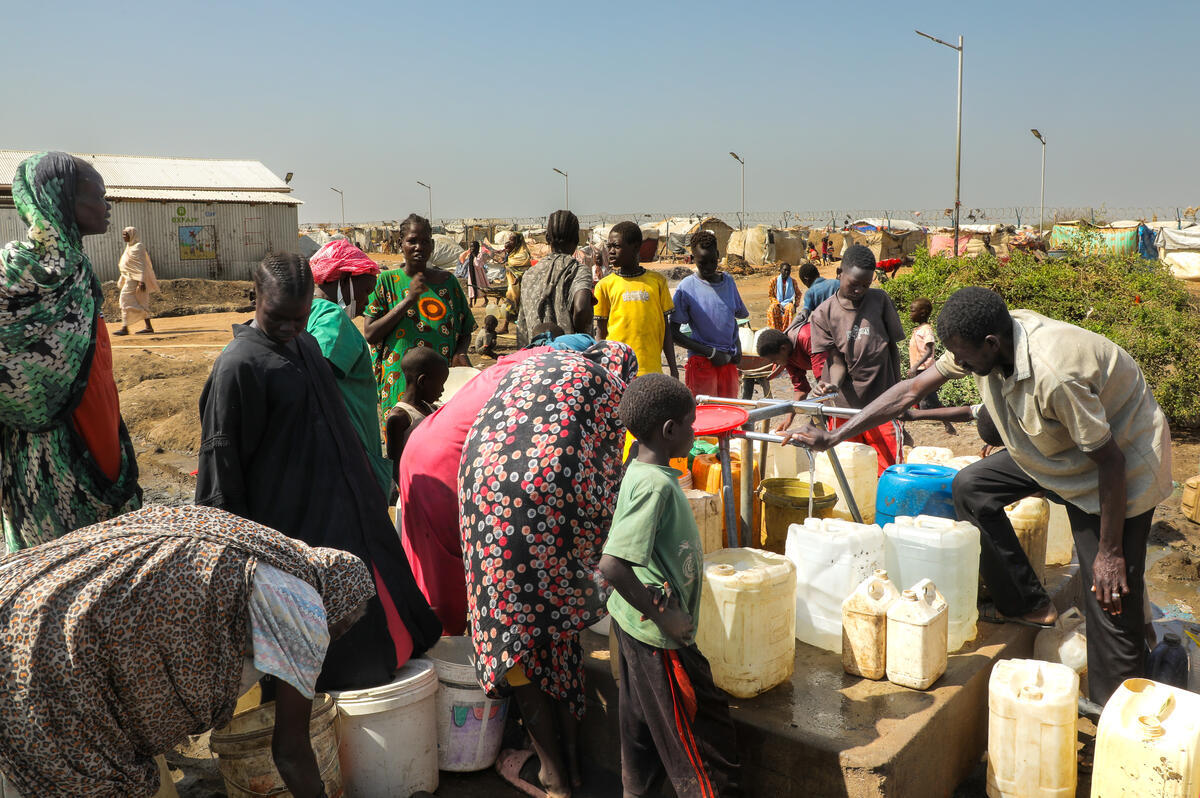
The continued influx of people fleeing the conflict in Sudan has overstretched essentials as shelter, healthcare, nutrition, and water, sanitation and hygiene in host areas in South Sudan.
New data by UNHCR, the UN Refugee Agency, has revealed that local communities in South Sudan are struggling to effectively integrate people fleeing the devastating war in Sudan – including Sudanese refugees and South Sudanese returnees – two years on.
The findings reveal significant gaps in essential services, including overstretched healthcare facilities and medicine shortages, overcrowded schools and insufficient number of teachers (one for every 140 students) limited access to safe water, and housing challenges such as land disputes and makeshift shelters.
The data was based on 3,200 household surveys and the evaluation of over 1,100 infrastructure points in Eastern Equatoria State (Magwi, Torit), Central Equatoria State (Morobo, Yei), Northern Bahr el Ghazal State (Aweil Central, East, North, and West counties), and Western Bahr el Ghazal State (Raja County).
Supported by the European Union Directorate General for International Partnerships (DG-INTPA) and implemented by Samuel HallLink is external, this assessment is part of the South Sudan Durable Solutions Strategy and Plan of Action for Refugees, Internally Displaced Persons, Returnees and Host Communities. The strategy is a government-led plan to support refugees, returnees, and displaced persons. It aims to provide sustainable solutions through reintegration, recovery, and addressing the root causes of displacement.
“Over the past two years, South Sudanese communities have shown remarkable generosity welcoming people fleeing Sudan into their homes. However, both host communities and refugees are facing growing pressure, including economic hardship, climate shocks, conflict and severe cuts in humanitarian services. A response focused on recovery and transition supports sustainable integration and lays the foundations for lasting peace,” said Ms. Marie-Helene Verney, UNHCR’s Representative in South Sudan.
Despite these challenges, both returnees and host communities express a strong commitment to staying, highlighting the urgent need for sustained investment to support their long-term stability and development.
The assessment's key recommendations include expanding water infrastructure through new boreholes and rehabilitated water points, along with improving education by addressing teacher shortages and investing in permanent school facilities. Additional priorities involve enhancing healthcare services through facility upgrades, medicine supplies, and expanded staffing, as well as supporting housing solutions through land dispute resolution.
With only 10 percent of the Sudan crisis regional refugee response plan funded, urgent donor support is needed to prevent further suffering of displaced populations and host communities. Sustainable reintegration hinges on immediate action to bridge gaps in services and livelihoods.
Since April 2023, the war in Sudan has displaced nearly 13 million people, including over one million people who have arrived in South Sudan - both Sudanese refugees and South Sudanese returnees. South Sudan already grappling with its own crises, faces immense strain in providing humanitarian aid to new arrivals, host communities and already existing displaced populations.
For more information, please contact:
(In Juba) Carla Calvo, +211 927 141 812, calvoc@unhcr.org
(In Nairobi) Faith Kasina, +254 113 427 094, kasina@unhcr.org



